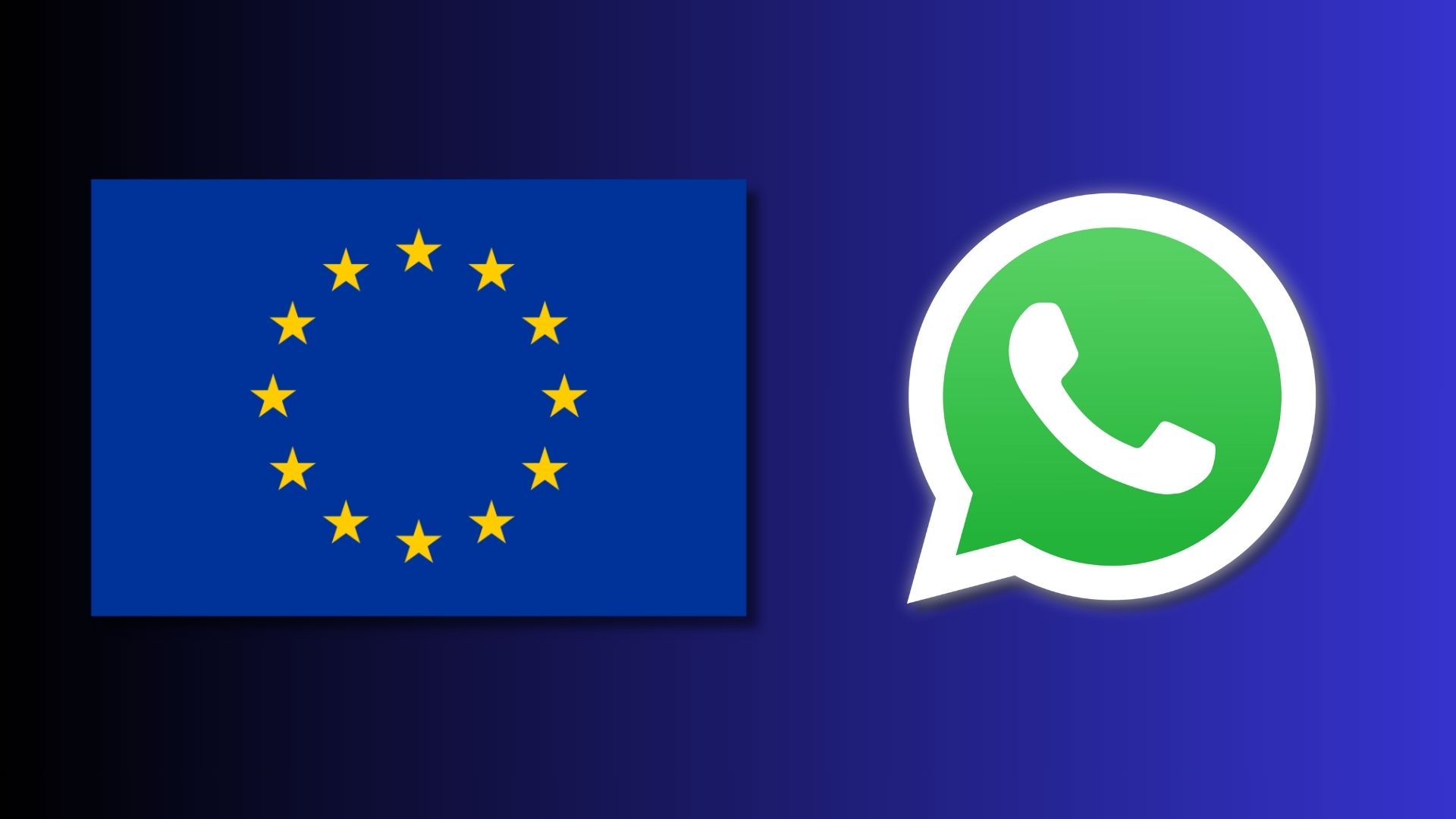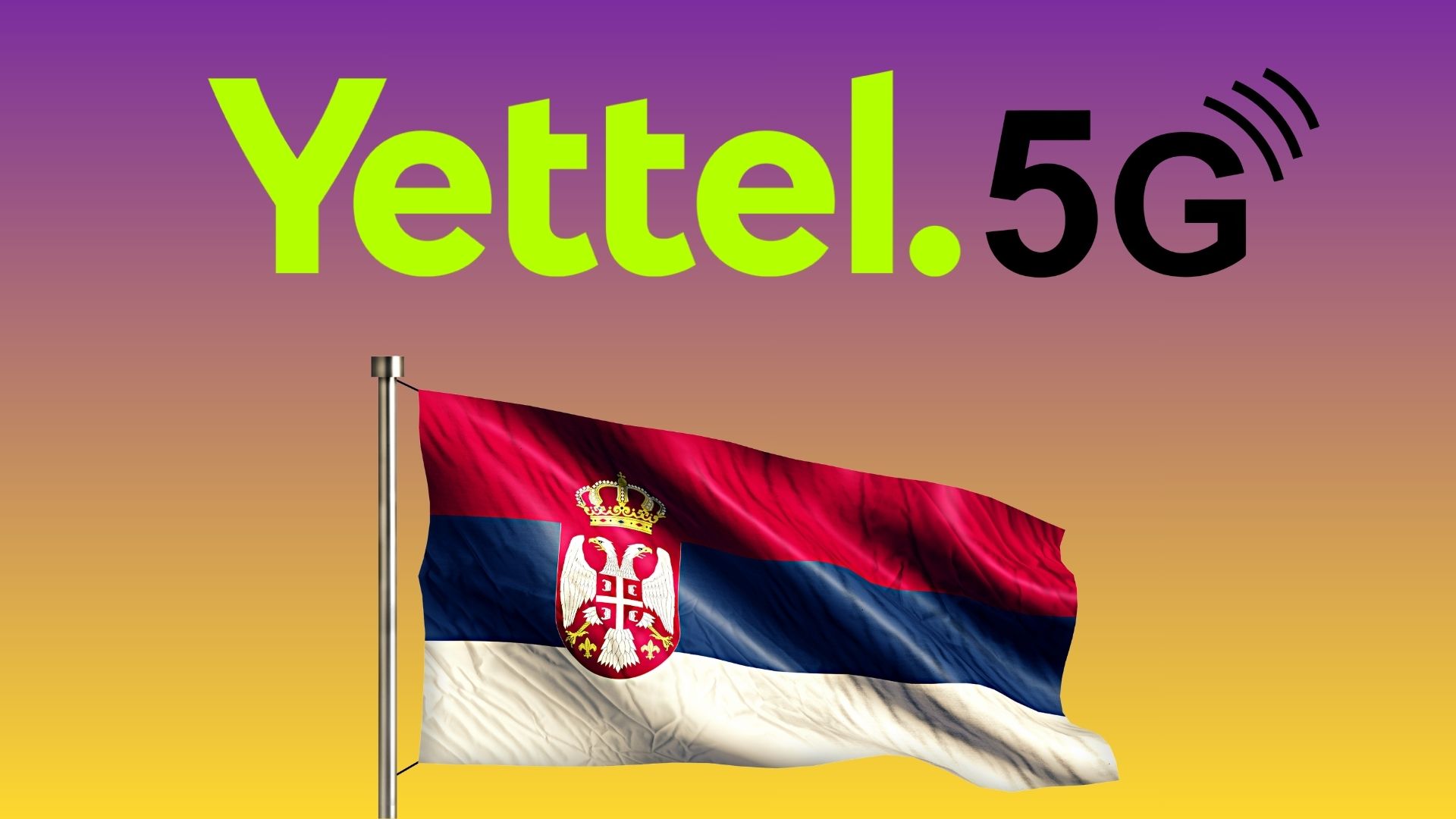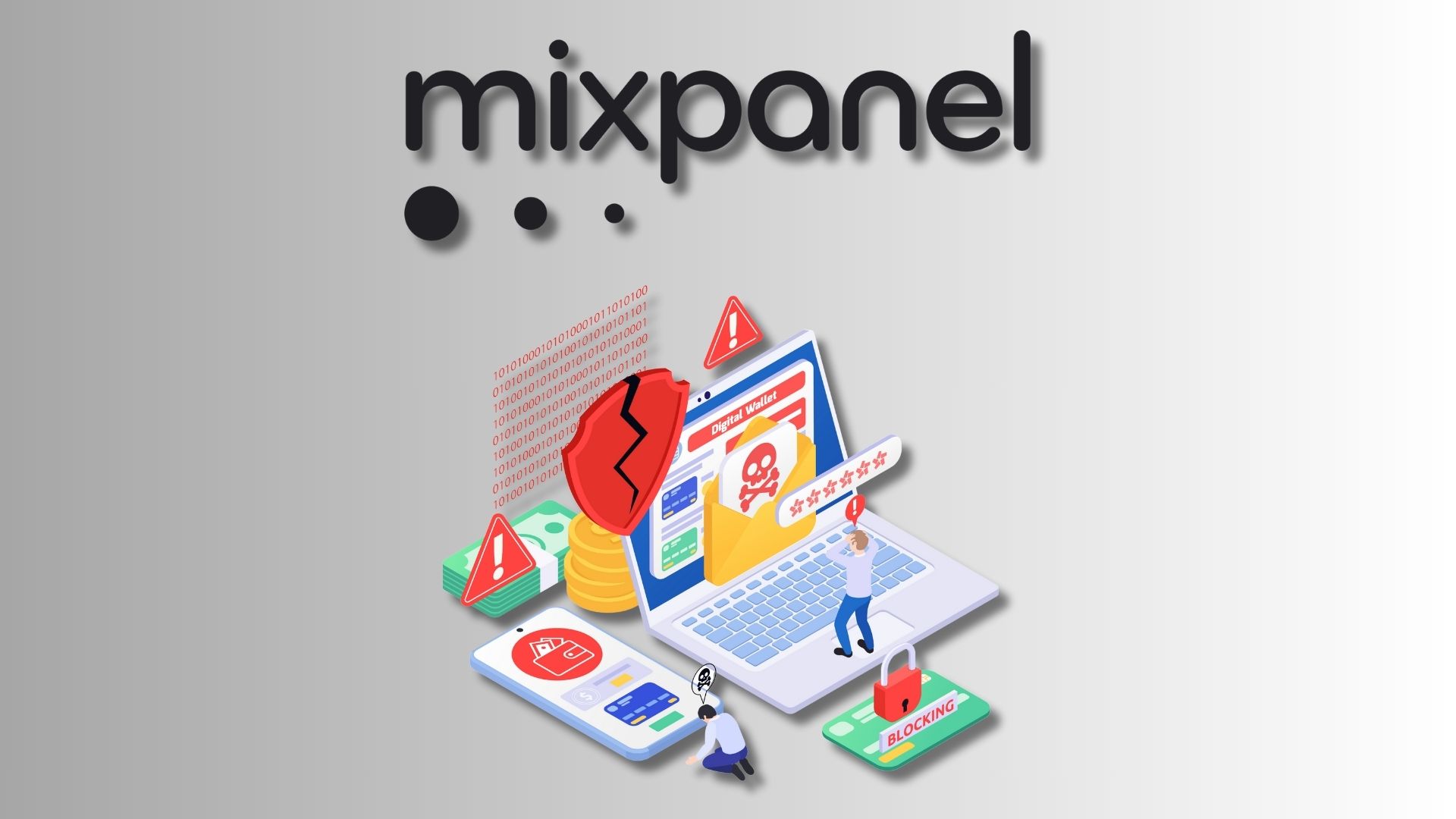Brussels has opened an antitrust inquiry into Meta over how AI features were added to WhatsApp, focusing on whether the updated access policies hinder market competition. Regulators say scrutiny is needed as integrated assistants become central to messaging platforms.
Meta AI has been built into WhatsApp across Europe since early 2025, prompting questions about whether external AI providers face unfair barriers. Meta rejects the accusations and argues that users can reach rival tools through other digital channels.
Italy launched a related proceeding in July and expanded it in November, examining claims that Meta curtailed access for competing chatbots. Authorities worry that dominance in messaging could influence the wider AI services market.
EU officials confirmed the case will proceed under standard antitrust rules rather than the Digital Markets Act. Investigators aim to understand how embedded assistants reshape competitive dynamics in services used by millions.
European regulators say outcomes could guide future oversight as generative AI becomes woven into essential communications. The case signals growing concern about concentrated power in fast-evolving AI ecosystems.
Would you like to learn more about AI, tech, and digital diplomacy? If so, ask our Diplo chatbot!










